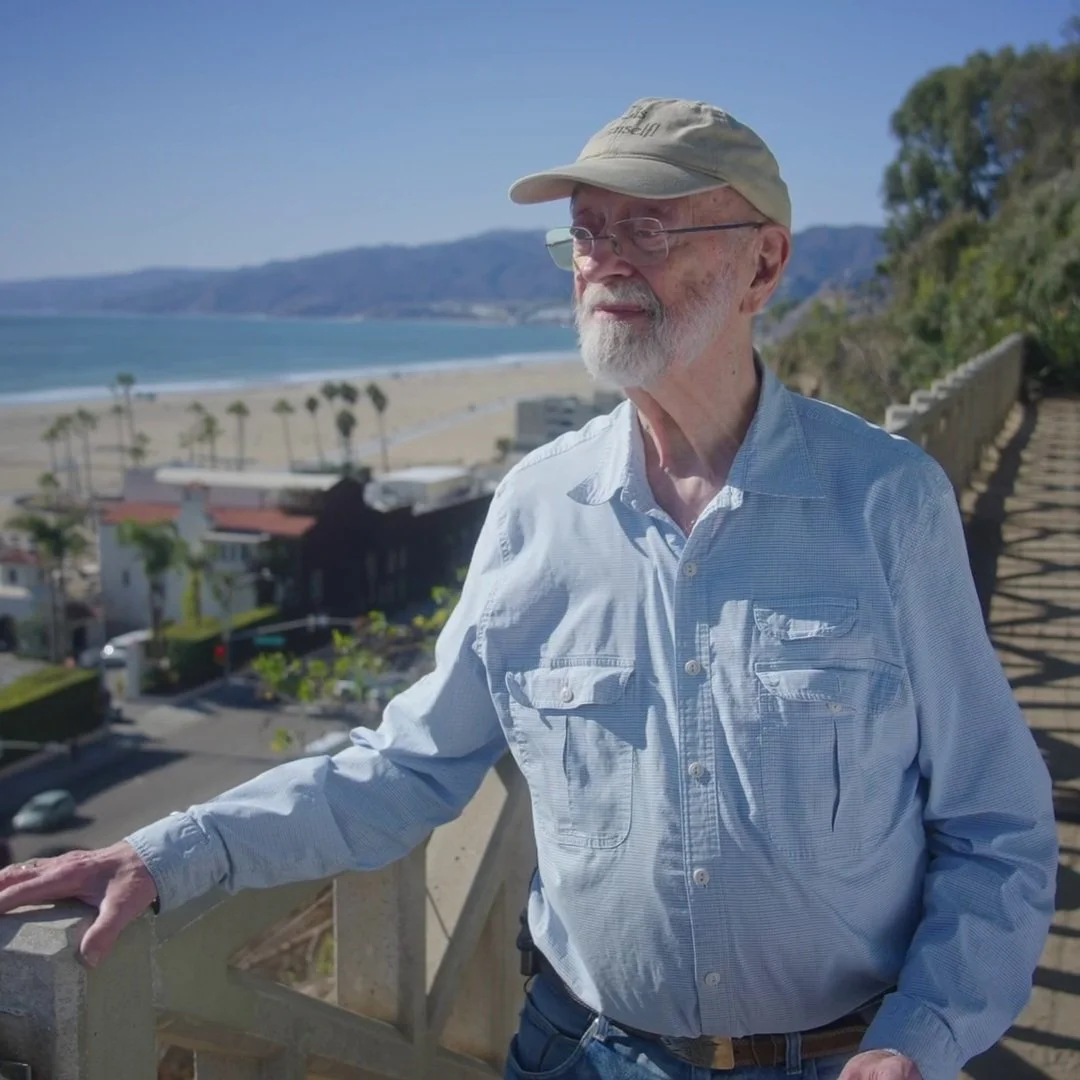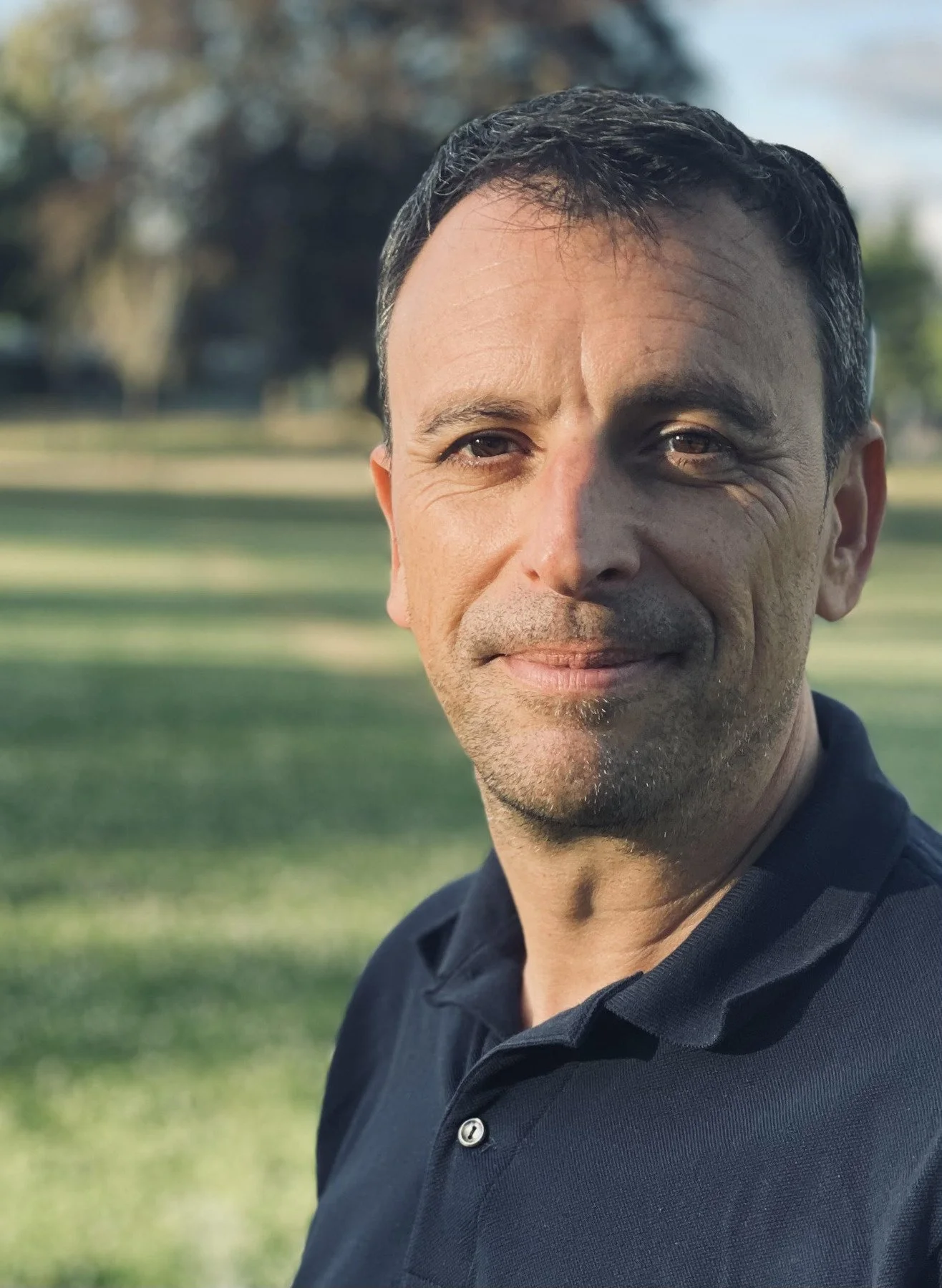Work Different documentary looks at the shift to working from home from all angles
Making its Vancouver premiere at Rendez-Vous French Film Festival, Julien Capraro’s new NFB movie assesses the good, the bad, and the ugly of the emerging laptop-and-sweatpants generation
NASA engineer Jack Nilles, the father of the idea of telecommuting, in Work Different.
Game developer Jean-Loïc Fontaine in Work Different.
Rendez-Vous French Film Festival, in collaboration with the NFB and Visions Ouest Productions, presents Work Different at SFU Woodward’s Goldcorp Centre for the Arts at 7 pm on February 29, with a Q&A with the director; admission free, with RSVP. In original French with English subtitles.
IF YOU WERE AMONG the 37 percent of Canadians who suddenly found themselves working remotely in 2020, then you participated in an experiment that had its origins in the moon landing.
Jack Nilles was a NASA engineer who lit on the idea of “telecommuting” after working on the Apollo mission. As he explains in the NFB documentary Work Different, which gets its local premiere at this year’s Rendez-Vous French Film Festival on February 29, Nilles was struck by the absurdity of “driving half an hour to talk to somebody on the phone.” He subsequently became something of an evangelist for a new kind of workforce, prompting studies like the one that saw insurance-company employees in California sitting at home computers in 1974. Who knew? Certainly not filmmaker Julien Capraro when he pitched his movie idea to the National Film Board at the beginning of the pandemic.
“Absolutely I didn’t!” he tells Stir, calling from his home in East Van. “I did some digging and the moment that I happened to find Jack Nilles, who’s the undisputed father of telework, the scope of the movie changed right away. And there he was in his home in Los Angeles watching his lifelong work finally being realized.”
As you’d expect, the 90-something, self-styled “Futurist” is something of a rarity in 2024; a boomer who’s witnessed multiple technological revolutions in his lifetime but also a Big Thinker in the Buckminster Fuller mould. Capraro was met by a gregarious if modest man with a lifelong compulsion to improve humanity’s energy footprint. “Very down-to-earth,” reports Capraro. “But I don’t think the documentary would exist without him.”
Nilles confesses that he figured a pandemic would offer the best opportunity to put his vision to the test, and Work Different follows several points of departure now that we’re starting to comprehend what a remote working population really looks like. Appearing very cosy in their respective habitats, sociologist Sid Ahmed Soussy and game developer Jean-Loïc Fontaine both point to the privilege enjoyed by the emergent laptop class, which has only exaggerated existing inequalities, while Ottawa-based executive Carole Breton is among those bemoaning the absence of contact with colleagues. Cutting to an image of an abandoned corporate office, Capraro’s clever film reminds us that, once upon a time, we considered rows of occupied cubicles as the definitive symbol of the dystopian workplace. Is it better when they’re empty?
Filmmaker Julien Capraro.
“There are so many avenues and ideas you can dissect in more depth,” says Capraro, who found the complexities of remote work crystallized in the case of an older technical support worker in Vancouver, providing the film with one of its more poignant interviews. “She’s very touching. She’s gone through the whole pandemic and she’s kinda fragile about it, and on her own, and for her that was a multiplying factor in terms of anxiety and emotional distress. But this is the irony of it: despite the fact that it made her feel more isolated, she found some solace in the fact that she could work longer, because I think financially she needs to, and also by cutting off the commute, because physically she can’t move as much. So there are lots of variables.
“I think it’s important to note,” he continues, “that Jack Nilles said that telework was never designed to be all or nothing. It’s been known since his study in the ’70s that 100-percent teleworking is not ideal in most situations. We are social animals and we need that contact. It’s a very complex issue and I think it’s why we really need to have as many points of view as possible, because there are pros and cons for almost every single aspect of it.”
As such, Work Different manages to cram an impressive number of angles and talking heads into its 50-minute runtime, while Capraro understands that we can only really assume a “midterm analysis” of the subject in a historic moment of accelerated change.
“For people who are working at home in their sweatpants and not having to commute, they’re the so-called winners,” he says. “But it’s a bit like looking at the score at halftime of the Super Bowl. I’m not sure that this is going to be the final result.” Indeed, Work Different begins with an unnervingly accurate prediction made in 1984 by Isaac Asimov and ends with an admonition about AI. Fear and uncertainty aside, the film is also funny and stylish, leaning on deliberately archaic computer graphics and old library footage for perspective, and also for relief.
“There was an amazing poetry in these images,” says Capraro, having raided the archives in the grand tradition of NFB documentarians. “The hairdos, smoking on the work site, the typewriters, all that. This is the life that my parents, my grandparents, and that I lived for a while.”
We might find ourselves yearning for it again. In that spirit, let’s assume that the Paris-born filmmaker would prefer that you take the opportunity to see Work Different with other humans in the SFU Woodward's theatre rather than on your MacBook. ![]()















